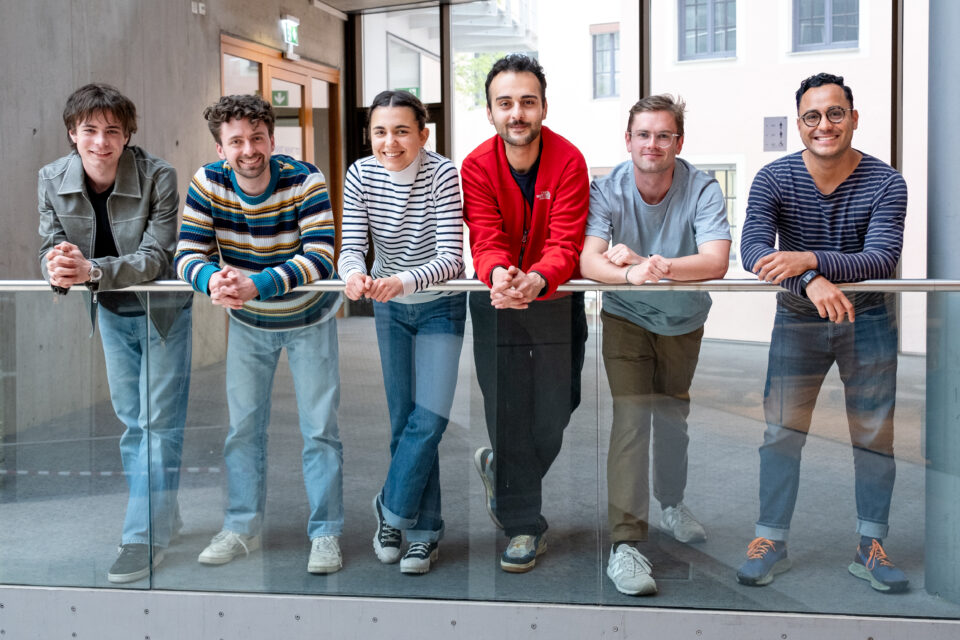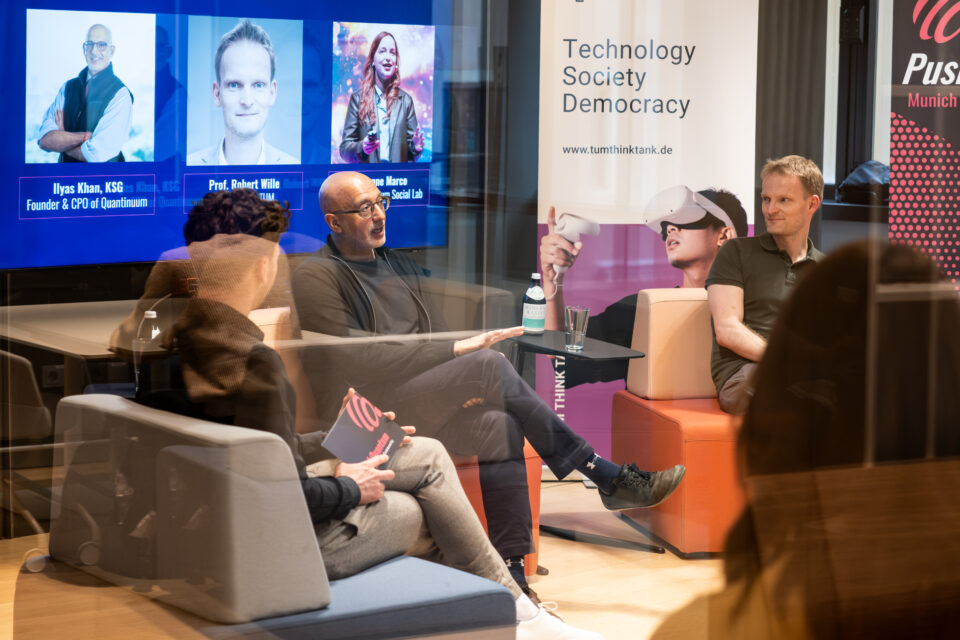TUM Think Tank
Where today's societal challenges meet tomorrow's technological excellence.
We had the privilege of participating in the Citizens.Lab at the IAA with our project "Mobilität.Leben." Over the past year, the team has looked into the mobility data of over 3000 participants to measure the impact of the 9-Euro-Ticket and its successor, the Deutschlandticket. Here, we share our key takeaways one year into the study:
Driving Change with Tickets
The 9-Euro-Ticket and the Deutschlandticket have played a significant role, especially during the summer months, in encouraging people to ditch their cars and opt for more sustainable public transportation options at least for some of their journeys.
Transition Challenges
However, in between the 9-Euro-Ticket and Deutschlandticket, without attractive public transportation tickets, participants returned almost to their pre-9-Euro-Ticket travel behavior. While every small step towards sustainability is valuable, we do not expect that the Deutschlandticket alone can substantially reduce the carbon emissions from the transportation sector.
Looking Ahead
A realistic cost-benefit analysis of the public transport fare innovations can be made at the end of the year. What's undeniable is that both tickets have already led to a simplification of the fare system, encouraging public transport use and savings in travel cost. It is clear that cheaper public transportation is just one piece in the larger puzzle of the “Mobilitätswende” and so the discussion continues on what additional ways we need to encourage more sustainable modes of transport.
Sparking reflection
The study was well received by the participants, who willingly shared their mobility data from the outset and remained committed to us until the introduction of the Deutschlandticket. Their feedback has been invaluable, and we're thrilled to hear that our tracking app has encouraged reflection on personal mobility habits. The study can also be seen as a signal that citizens like to be included in research projects and are eager to be part of the collective search for possible solutions to the grand societal challenges of our time.
Our study is globally one of the largest studies of its kind. It has not only advanced our understanding of mobility but also captured the attention of the worldwide transportation research community, strengthened Munich’s positioning on the global research map, and set new standards. We are proud that it has sparked public attention in regional and national media and several academic papers, bachelor and master theses – and more research is coming with several doctoral candidates using the data for their studies.
TL;DR
We had the privilege of participating in the Citizens.Lab at the IAA with our project "Mobilität.Leben." Over the past year, the team has looked into the mobility data of over 3000 participants to measure the impact of the 9-Euro-Ticket and its successor, the Deutschlandticket. Here, we share our key takeaways one year into the study.









